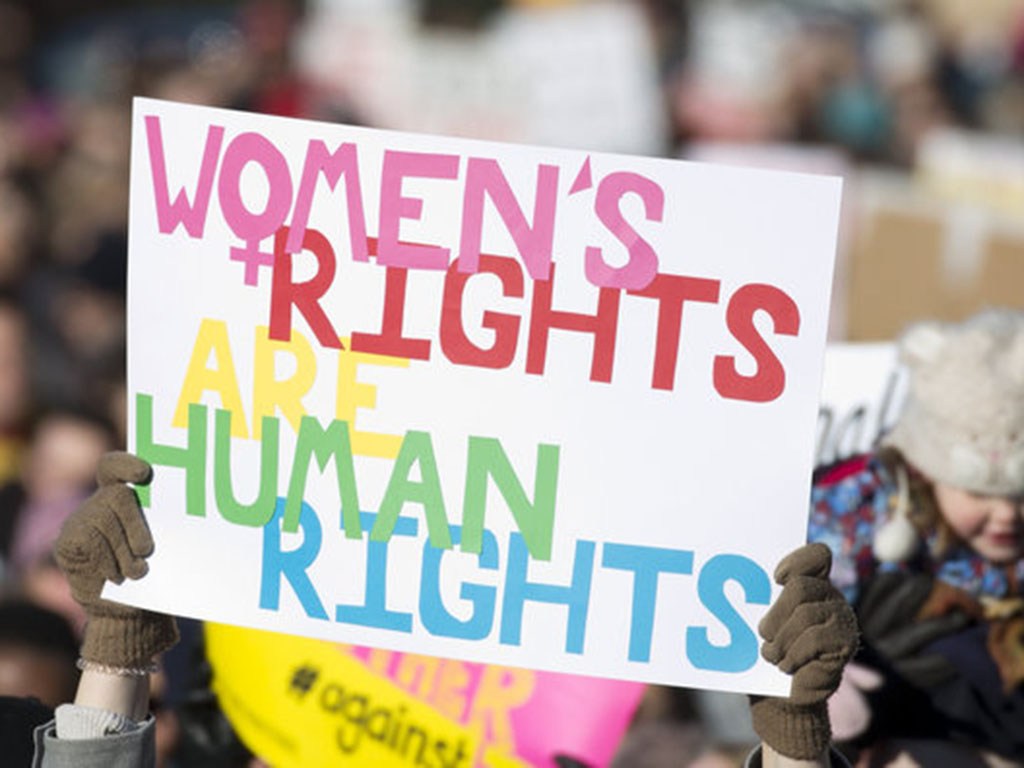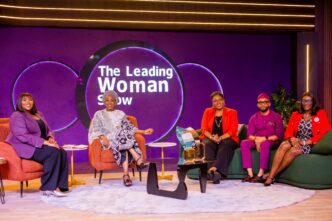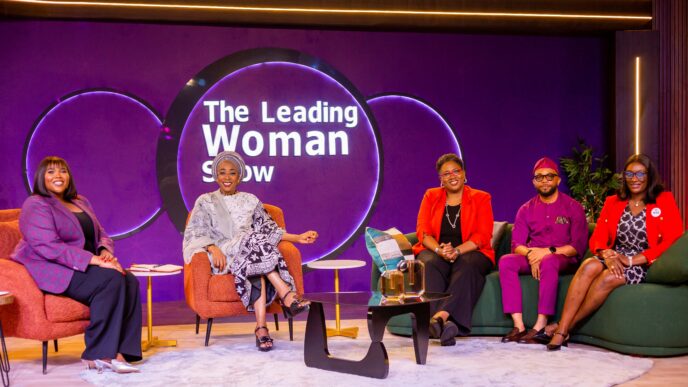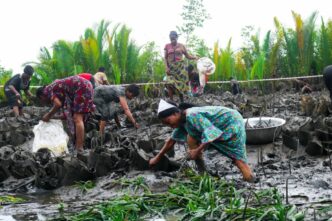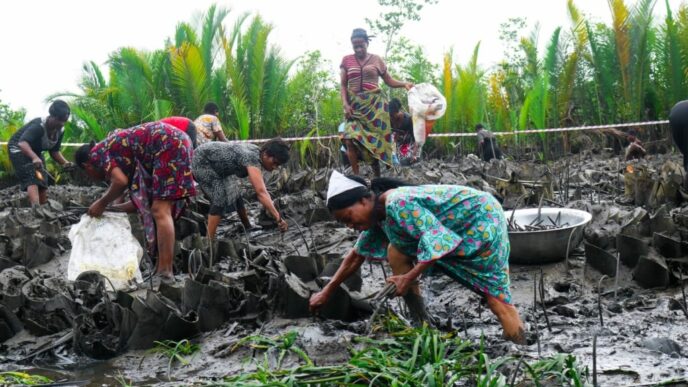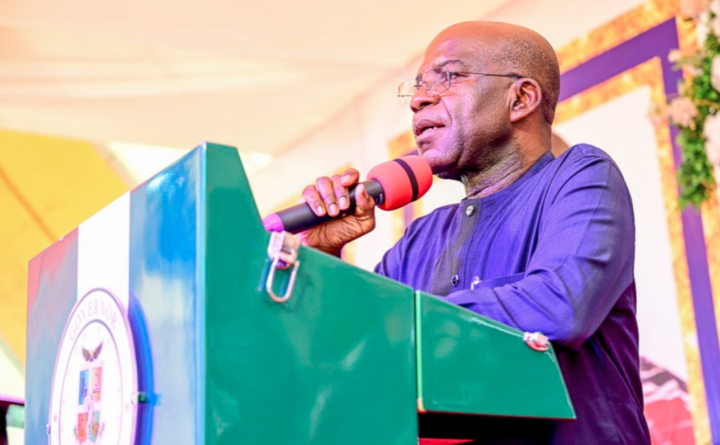BY OLUWATOYIN ATANDA
The International Women’s Day (IWD) celebration which holds annually on March 8 has served as a wake-up call for women empowerment globally. This year, International Women’s Day was celebrated under the theme “Accelerate Action” with a need to take swift and decisive action to achieve gender equality because according to data from the World Economic Forum, it will take until 2158 to reach full gender parity at the current rate of progress.
In the same vein, the United Nations also played its parts in encouraging action under the theme “For ALL Women and Girls: Rights. Equality. Empowerment”, with a focus on influencing government, corporate leaders, civil society and youth to take action and invest in promoting women’s rights and gender equality.
Over the years, IWD has celebrated women’s progress, highlighted the gaps in women empowerment, and urged necessary actions to accelerate their relevance as society’s pillar, while educating the public that much still needs to be done. Its central idea has always been to empower the next generation of young women and adolescent girls by unlocking equal rights, power and opportunities that will make them catalysts for lasting change.
Advertisement
The question has always been “what needs to be done?” The answer is never far-fetched: financial independence through education, skills acquisition, entrepreneurship, employment, etc. In Nigeria, empowering women is an economic process that involves activities that would enable them to contribute to national development, thereby reducing poverty.
The level of awareness in the 21st century has made women empowerment a criterion for global development. It is no longer a game of hide and seek or mere lip service to quell agitations. The patriarchal symbols are crumbling with leading women in public affairs and corporate organisations championing women empowerment beyond the feminist rant of “What a man can do, a woman can do better” to “Women deserve a place at the decision-making table”.
Now, we have companies taking cognisance of women representation on their boards, and having key roles within the leadership team. We also have women taking up jobs in male-dominated industries like construction and transportation, with women engineers, truck drivers, and even tricycle riders on the streets of Lagos.
Advertisement
The many modern-day icons making a significant impact in various fields of endeavour like Ngozi Okonjo-Iweala, Chimamanda Adichie, Folorunsho Alakija, Ibukun Awosika, Tobi Amusan, Amina J. Mohammed, among other notable women have become role models who took after pioneers like Grace Alele-Williams, Funmilayo Ransome-Kuti, Flora Nwapa, Zulu Sofola, etc. This legion of leading women inspired my commitment to transformational change by speaking on the importance of empowering women at different fora, fostering the participation of young women, in politics, entrepreneurship, and skills acquisition, along the lines of gender inclusion and diversity for society’s growth.
In a nutshell, we must continue to strive for a future where talent, opportunity and success are not limited by gender because when women are financially empowered, poverty drops by 30% bringing benefits to the family and community.
As allies of gender equality, let’s keep on challenging gender bias in conversations and supporting women-led businesses and initiatives. Like the old adage, Rome wasn’t built in a day, the future is bright, but we can only reach it if we sustain the momentum by teaching the next generation about fairness and inclusion.
Oluwatoyin Atanda is the senior special assistant on establishments and training to the Lagos state governor and the national president of JCI Nigeria
Advertisement
Views expressed by contributors are strictly personal and not of TheCable.
